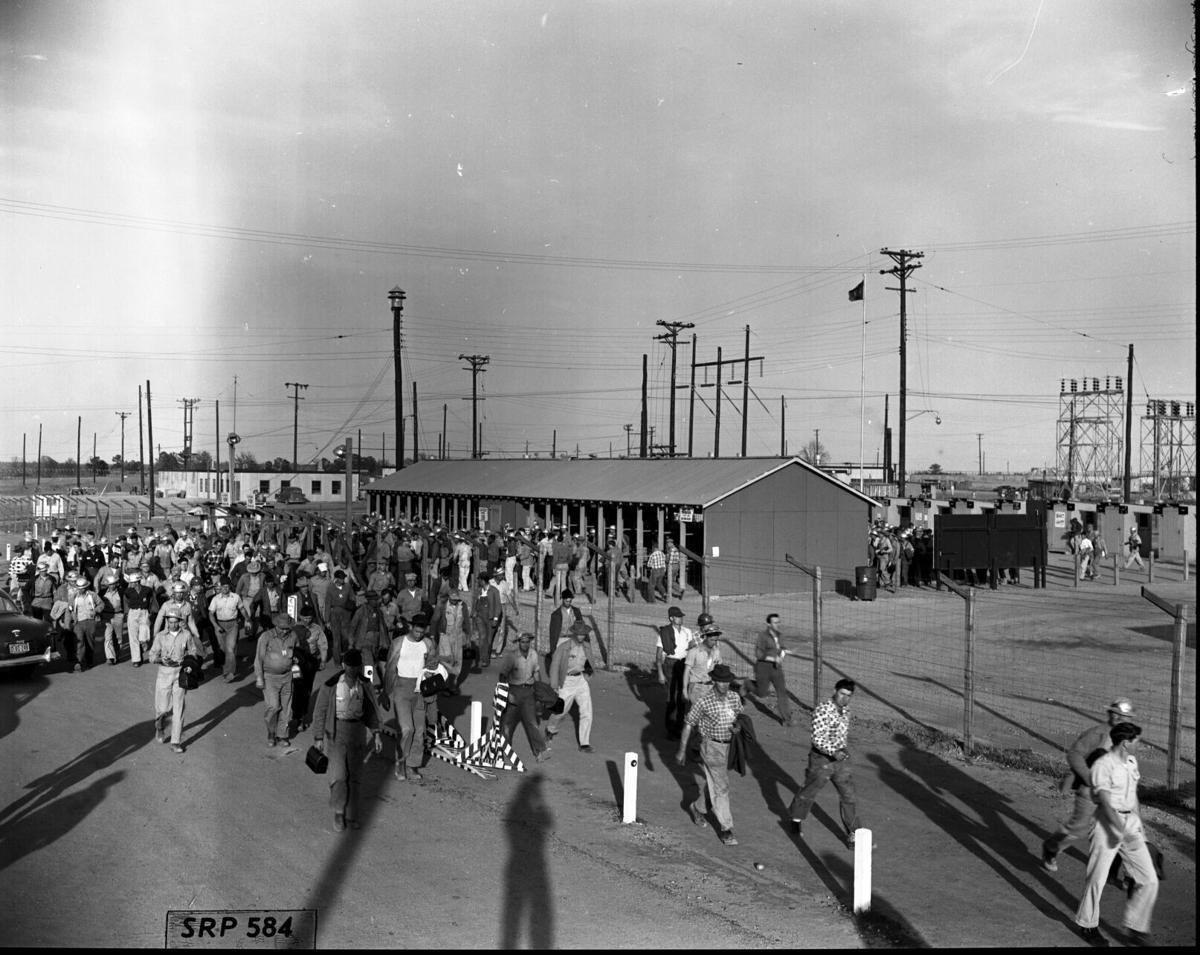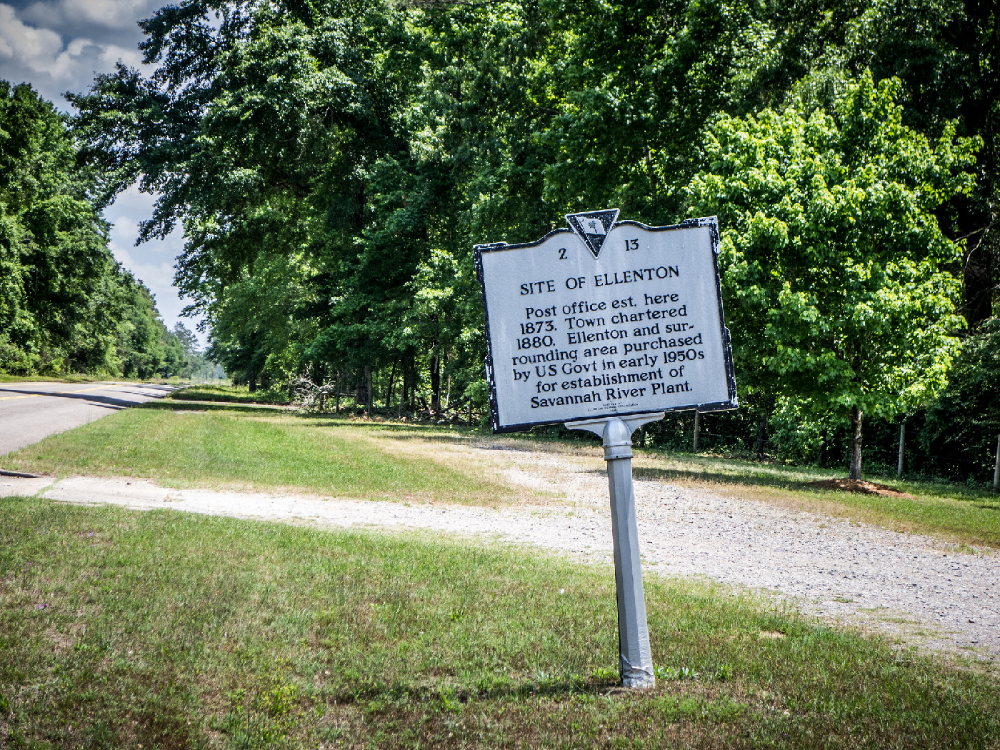New Ellenton, South Carolina: A Community Reborn
Origins: The Town of Ellenton

Ellenton, South Carolina, was founded in 1880 along the Charleston and Western Carolina Railway in Barnwell County. Initially a modest farming community, it grew steadily, reaching a population of 746 by 1950. The town was named after Mary Ellen Dunbar, the daughter of a local landowner, whose charm inspired the railroad's president to name the depot "Ellen's Town," later shortened to Ellenton. Wikipedia+2South Carolina Encyclopedia+2Strange Carolina Tales+2
The Cold War Catalyst: Savannah River Site

In November 1950, the U.S. Atomic Energy Commission announced plans to construct the Savannah River Site (SRS) for nuclear weapons production. This decision led to the displacement of approximately 6,000 residents, including those from Ellenton. The government acquired the land, and by April 1, 1952, the last resident had vacated. The town's infrastructure, including streets and buildings, was absorbed into the SRS. Wikipedia+2South Carolina Encyclopedia+2South Carolina Public Radio+2
Rebirth: The Move to New Ellenton
Determined to preserve their community, Ellenton's residents relocated their homes and businesses 14 miles north to a new site in Aiken County. This effort led to the founding of New Ellenton, incorporated on April 26, 1952. The town's motto, "We didn't move away. We just moved," encapsulates the resilience and unity of its people. South Carolina Encyclopedia
Building a New Community

New Ellenton began as a 200-acre development and quickly expanded to accommodate the influx of workers for the SRS construction. By 1960, the population had grown to 2,309, peaking at 2,628 in 1980. However, as the SRS transitioned from construction to routine operations, many workers left, leading to a decline in population and business activity. South Carolina Public Radio+1South Carolina Encyclopedia+1South Carolina Encyclopedia
 Legacy and Remembrance
Legacy and Remembrance
The story of New Ellenton is a testament to the resilience of its residents. An annual reunion of former Ellenton residents began in 1973 and continues today, celebrating the community's enduring spirit. The musical I Don't Live There Anymore: The Ellenton Story premiered in 1992 in Dorset, England, and was later produced at the Piccolo Spoleto Festival in Charleston, South Carolina, in 1993. Wikipedia+1Wikipedia+1
"We didn't move away. We just moved." – Motto of New Ellenton, reflecting the community's resilience.Wikipedia+5Wikipedia+5Strange Carolina Tales+5
"Coming home from school one day and your parents telling you that you are moving is one thing, being told that the town is going to be destroyed is another." – A resident's reflection on the forced relocation. Strange Carolina Tales